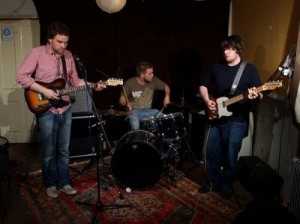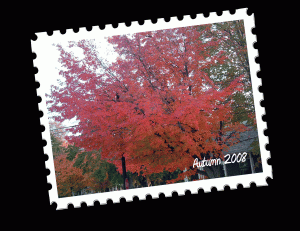In the book, “The Orthodox Way” by Bishop Kallistos Ware, he includes this prayer (on p.86):
He whom none may touch is seized;
He who looses Adam from the curse is bound.
He who tries the hearts and inner thoughts of man is unjustly brought to trial;
He who closed the abyss is shut in prison.
He before whom the powers of heaven stand with trembling stands before Pilate;
The Creator is struck by the hand of his creature.
He who comes to judge the living and the dead is condemned to the Cross;
The Destroyer of hell is enclosed in a tomb.
O thou who dost endure all these things in thy tender love,
Who hast saved all men from the curse,
O longsuffering Lord, glory to thee.
-from Vespers on Great Friday




 I’ve been studying the book of Revelation for some time now in order to prepare for a class I’m going to teach this fall. As I studied it, I found this recurrence of doors in chapter 3 and 4, in part due to my commentary written by Craig Koester – which is a good little commentary on Revelation if you’re looking. Anyway, I don’t think I’ll be able to use this particular collection of thoughts in the study or sermons, so I’ll post on it.
I’ve been studying the book of Revelation for some time now in order to prepare for a class I’m going to teach this fall. As I studied it, I found this recurrence of doors in chapter 3 and 4, in part due to my commentary written by Craig Koester – which is a good little commentary on Revelation if you’re looking. Anyway, I don’t think I’ll be able to use this particular collection of thoughts in the study or sermons, so I’ll post on it.
